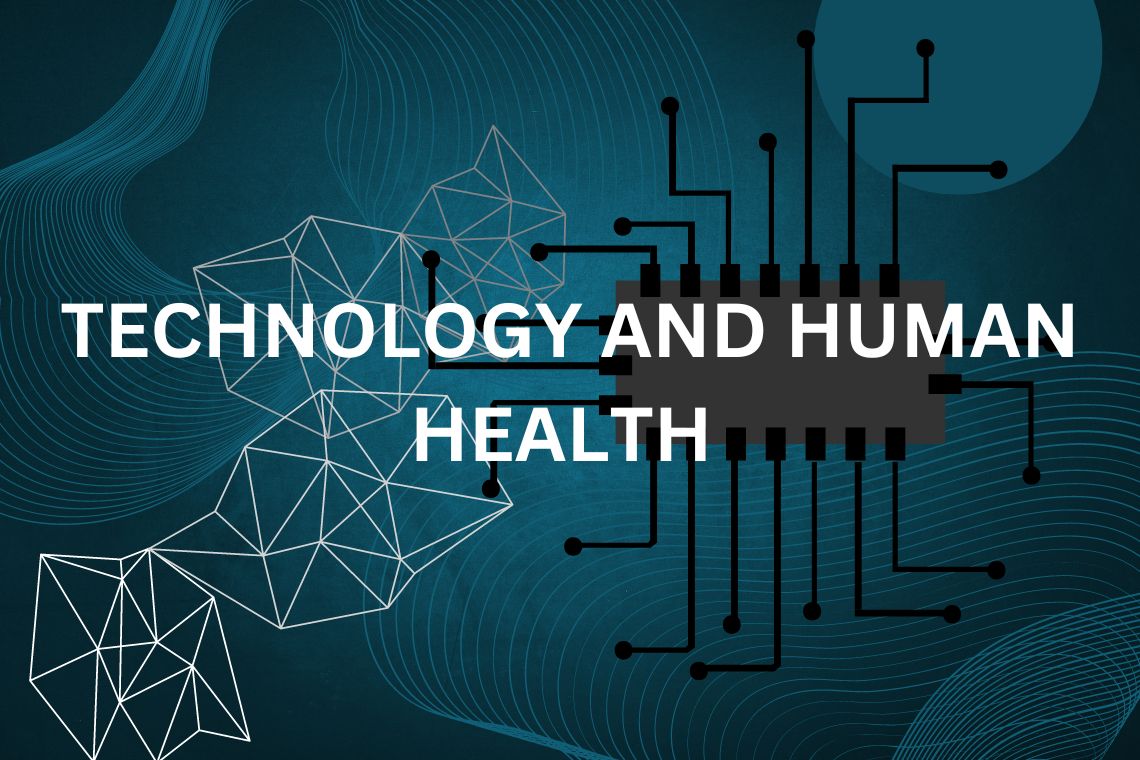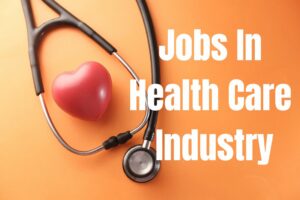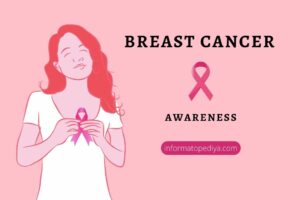
Table of Contents
TECHNOLOGY AND HUMAN HEALTH
The Intersection of Technology and Human Health: Revolutionizing Well-being
Introduction:
In recent years, technology has become an integral part of our daily lives, transforming the way we work, communicate, and even take care of our health. From wearable devices to telemedicine solutions, technology has revolutionized the healthcare industry, empowering individuals to take charge of their well-being and providing healthcare professionals with powerful tools to improve patient outcomes. In this article, we will explore the fascinating and ever-evolving relationship between technology and human health, highlighting the significant advancements that have enhanced our lives.
Wearable Devices: Monitoring Health at Your Fingertips
Wearable devices, such as fitness trackers, smartwatches, and health monitors, have gained immense popularity in recent years. These devices allow individuals to track various health parameters like heart rate, sleep patterns, steps taken, and calories burned. By providing real-time data, wearables encourage users to lead a more active and healthier lifestyle. They also serve as early warning systems, detecting irregularities in vital signs and alerting users to potential health issues.
Telemedicine: Accessing Healthcare from Anywhere
Telemedicine has emerged as a game-changer, particularly in remote areas or for individuals with limited mobility. This technology enables patients to consult with healthcare professionals remotely using video conferencing and other digital communication platforms. Telemedicine not only improves access to healthcare but also reduces the burden on healthcare systems, making it more convenient for patients to seek medical advice, follow-up appointments, and receive prescriptions, all from the comfort of their homes.
Artificial Intelligence (AI) and Machine Learning (ML): Transforming Diagnostics and Treatment
AI and ML algorithms have shown tremendous potential in the field of healthcare. These technologies can analyze vast amounts of medical data, identify patterns, and make accurate predictions. From diagnosing diseases to suggesting personalized treatment plans, AI and ML have the power to revolutionize healthcare delivery. They can assist doctors in making more informed decisions, leading to improved patient outcomes, reduced errors, and enhanced efficiency in healthcare systems.
Electronic Health Records (EHRs): Streamlining Patient Data Management
Gone are the days of paper-based medical records. Electronic Health Records (EHRs) have replaced traditional files, providing healthcare providers with instant access to patients’ medical histories, test results, and treatment plans. EHRs streamline administrative processes, minimize errors, and enhance communication among healthcare professionals, leading to better coordination of care. Moreover, EHRs facilitate research and data analysis, contributing to advancements in medical knowledge and the development of personalized therapies.
Virtual Reality (VR) and Augmented Reality (AR): Enhancing Rehabilitation and Training
Virtual reality (VR) and augmented reality (AR) technologies have found applications in healthcare beyond entertainment. VR can be used for pain management, distraction during medical procedures, and even in therapy for mental health disorders. AR, on the other hand, enables healthcare professionals to overlay digital information onto the real world, aiding in surgical procedures, medical training, and anatomy visualization. These immersive technologies have the potential to enhance patient experiences, improve training outcomes, and advance medical research.
Conclusion:
Technology has become an indispensable part of the healthcare landscape, driving innovation and transforming the way we approach human health. From wearable devices that encourage healthy lifestyles to telemedicine solutions that bring healthcare to our fingertips, technology continues to revolutionize the field. With ongoing advancements in AI, ML, VR, and other emerging technologies, we can expect even more significant breakthroughs in healthcare delivery, disease prevention, diagnostics, and treatment. As technology evolves, so does its potential to improve human health, enabling us to live longer, healthier, and more fulfilling lives.







Thank you for consistently delivering content that adds value to my day.